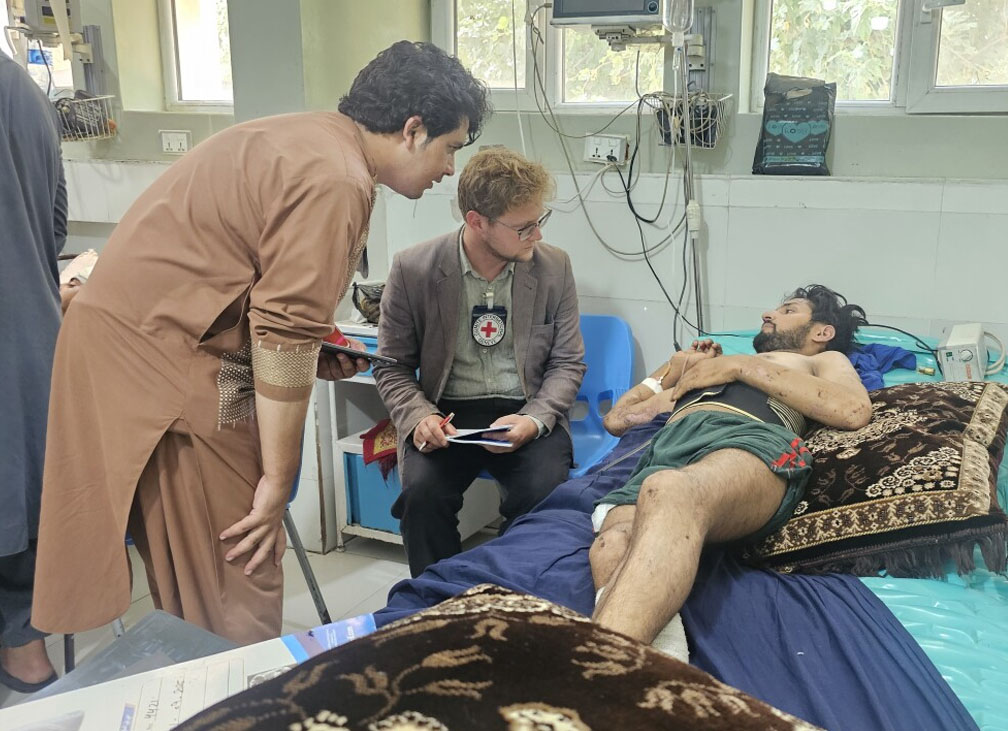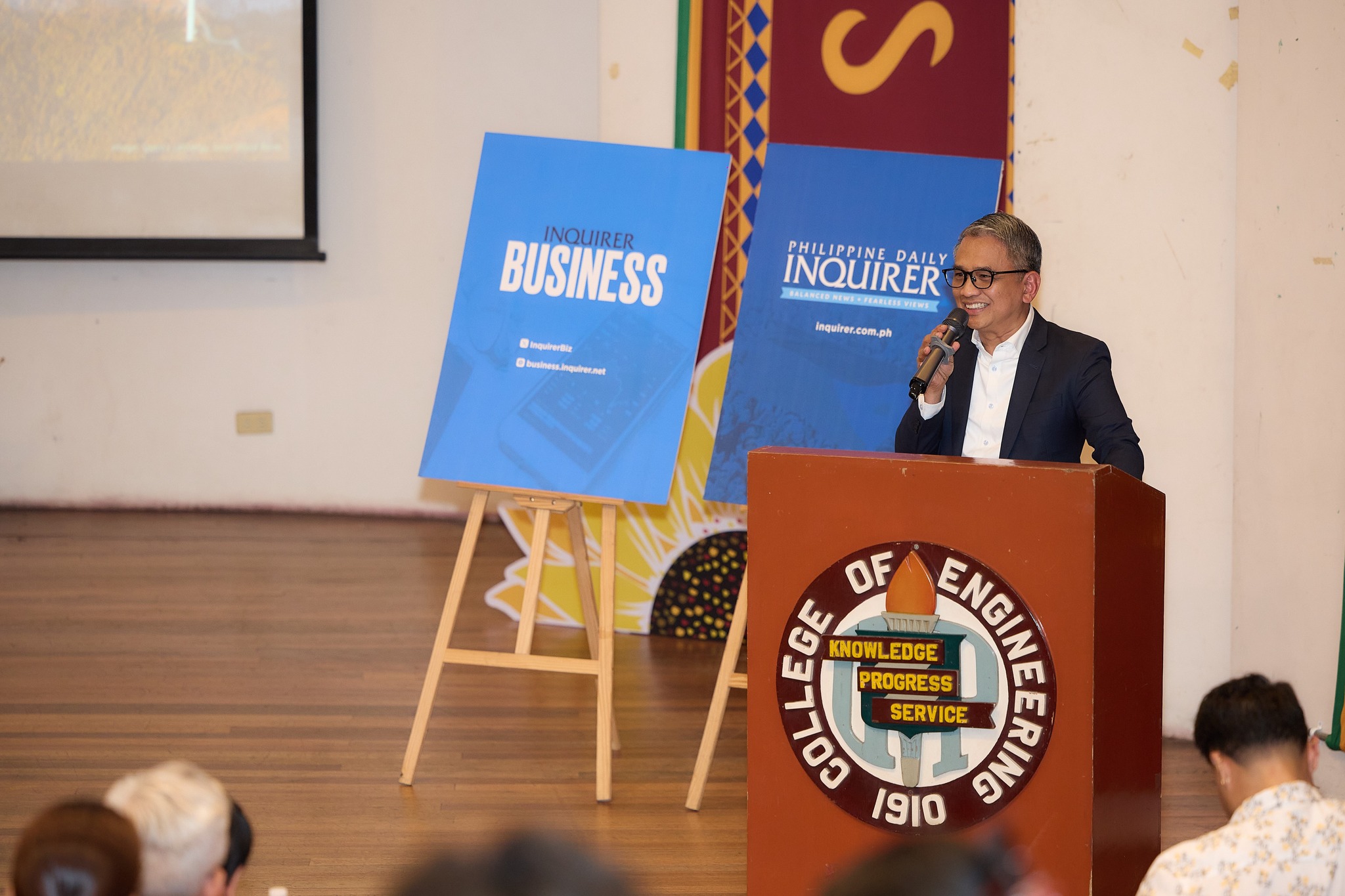AFGHANISTAN — In the wake of the powerful earthquake that struck Afghanistan’s remote Kunar region on August 31, not a single home remains standing in Masoud village, Nurgal district. Of the village’s 1,000 residents, at least 60 lost their lives, and around 130 were injured as their stone, clay, and mud homes collapsed during the quake, which killed over 2,200 people in total.
An International Committee of the Red Cross (ICRC) team reached the village days later and witnessed the devastation firsthand. Displaced families are now living in makeshift camps with little access to food, clean water, or medical care. Many survivors are traumatized, fearing further aftershocks may cause additional collapses.
Dawood Shah, who lost nine family members including his wife and children, described the grim reality: “People don’t have houses anymore. They don’t have food. Everything is under the rubble.”
Landslides triggered by the earthquake made it even harder for first responders to reach survivors, with damaged roads cutting off access to remote areas. “We had to walk for three hours,” said Assadullah, a resident of Dara Noor district. “When we arrived, the scene looked like Judgement Day.” In some areas, helicopters were the only option to evacuate the injured due to the lack of functioning roads.
The ICRC responded by delivering essential medical supplies—including dressing kits, IV fluids, crutches, and wheelchairs—to regional hospitals in Nangarhar and Kunar provinces. These hospitals have treated hundreds of injured people, with many requiring long-term care for serious fractures and spinal injuries. “So far, we have helped around 1,100 injured people,” said Fahimullah, head of Nangarhar hospital. “Some will stay in surgery wards for extended treatment.”
The ICRC also dispatched physical rehabilitation teams from its Jalalabad center to provide much-needed therapy at regional hospitals. This service is crucial to prevent long-term complications, especially for patients with spinal cord injuries—yet it is often overlooked in crisis settings like Afghanistan.
Additional ICRC support includes supplying vehicles to the Kabul ambulance department and providing equipment to the Afghan Red Crescent Society’s (ARCS) Eastern region branch. An ARCS mobile team continues to offer basic health services to hard-hit areas like Nurgal on a weekly basis.
Beyond the tragic loss of life, survivors face severe economic challenges. Most families in Masoud depended on livestock for their livelihoods, but many of their animals perished in the quake. Water pipes and irrigation canals have also been destroyed, further threatening food security. Along roadsides, women and children are now seen begging for help.
“These communities that have suffered so much need humanitarian support,” said Achille Després of the ICRC. The region was already struggling from decades of conflict and the ongoing effects of climate change. The earthquake has only deepened the crisis for eastern Afghanistan’s most vulnerable.| – BNN Integrated News


















